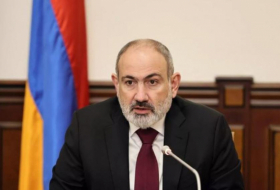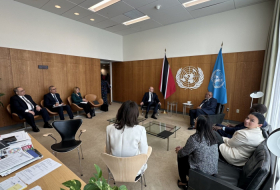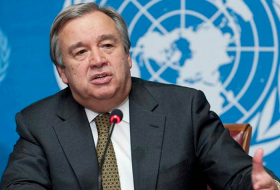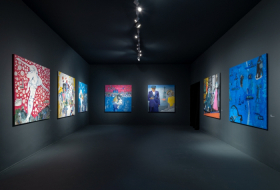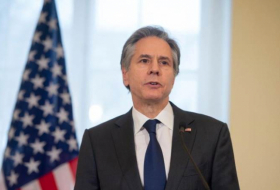Kipling’s poem captures the nostalgia of a retired serviceman looking back on his colonial service and a Burmese girl he kissed. Britain colonised Myanmar from 1824 to 1948 and fought three wars in the 19th century, suppressing widespread resistance.
Johnson’s impromptu recital was so embarrassing that the UK ambassador to Myanmar, Andrew Patrick, was forced to stop him. The incident was captured by a film crew for Channel 4 and will form part of a documentary to be broadcast on Sunday about the fitness of the MP for Uxbridge and South Ruislip to become prime minister.
The previously unbroadcast footage shows the diplomat managing to halt Johnson before he could get to the line about a “Bloomin’ idol made o’ mud/ Wot they called the Great Gawd Budd” – a reference to the Buddha.
The gaffe came on the first visit to Myanmar by a British foreign secretary in five years. He had taken part in a ritual involving pouring water over a golden statue of what he described as “a very big guinea pig”, when he approached a 42-tonne bell, rang it with a wooden stick and spontaneously started reciting Kipling’s poem.
A visibly tense ambassador stood by as Johnson continued: “The wind is in the palm trees and the temple bells they say ...” Then Patrick reminded him: “You’re on mic,” adding: “Probably not a good idea...”
“What?” Johnson replied. “The Road to Mandalay?”
“No,” said the ambassador sternly. “Not appropriate.”
“No?” replied Johnson looking down at his mobile phone. “Good stuff.”
“It is stunning he would do this there,” said Mark Farmaner, director of the Burma Campaign UK. “There is a sensitivity about British colonialism and it is something that people in Burma are still resentful about. British colonial times were seen as a humiliation and an insult.
“It shows an incredible lack of understanding especially now we are seeing the impact of Buddhist nationalism, especially in Rakine state [where Rohingya muslims have been been the subject of violent persecution].”
Kipling hardly knew Myanmar at all and only travelled there for three days in his 20s, but his poems and short stories about the place helped forge the image of the country in the imagination of colonial Britain.
Rushanara Ali, the Labour MP and chair of the all-party parliamentary group on democracy in Myanmar, said: “I can think of a long list of reasons why Boris Johnson isn’t fit to be prime minister. This can be added to that list.”
The Foreign and Commonwealth Office declined to comment.
Maugh Bo Bo, a Burmese doctoral student in London whose family campaigned alongside Myanmar’s current leader, Aung San Suu Kyi, said offence could be taken because the poem talks about kissing a girl, something that would be frowned on in the context of a temple.
Later in the documentary, titled Blond Ambition, Jacob Rees-Mogg describes Johnson as “a colossus on the political stage” and former international development secretary Andrew Mitchell says he is “impossible to dislike”.
It captures multiple awkward moments in Johnson’s career at the Foreign Office. In Ankara in September 2016 it shows him being asked whether he would apologise for writing a crude limerick about the Turkish president which included the line that he had “sowed his wild oats with the help of a goat”. An initially shifty-looking Johnson rallied and replied with typical bluster that “nobody has seen fit to raise it”.
In London last year he stood alongside former US secretary of state John Kerry and was asked about describing Hillary Clinton as looking “like a sadistic nurse in a mental hospital”.
It shows him insulting European leaders in the wake of Donald Trump’s election victory as he complained about the “winge-o-rama” that greeted Trump’s win, and shows how Downing Street had to disown his remarks on Saudi Arabia in Rome – that it was puppeteering and playing proxy wars in the region.
He is also seen comparing President Hollande of France to a wartime prison guard who wants to “administer punishment beatings to anybody who chooses to escape, in the manner of some world war two movie”.
More about: #Boris-Johnson










